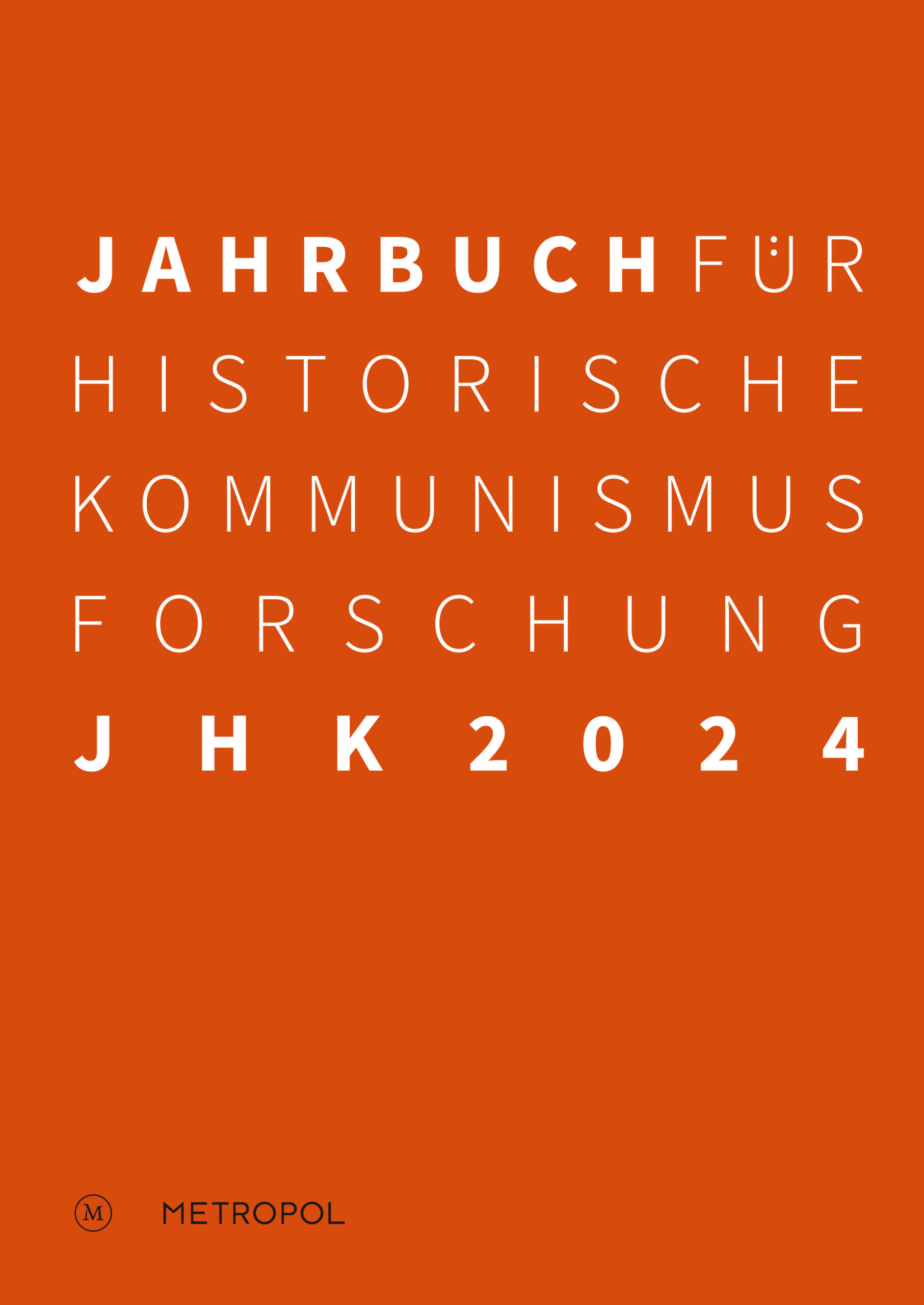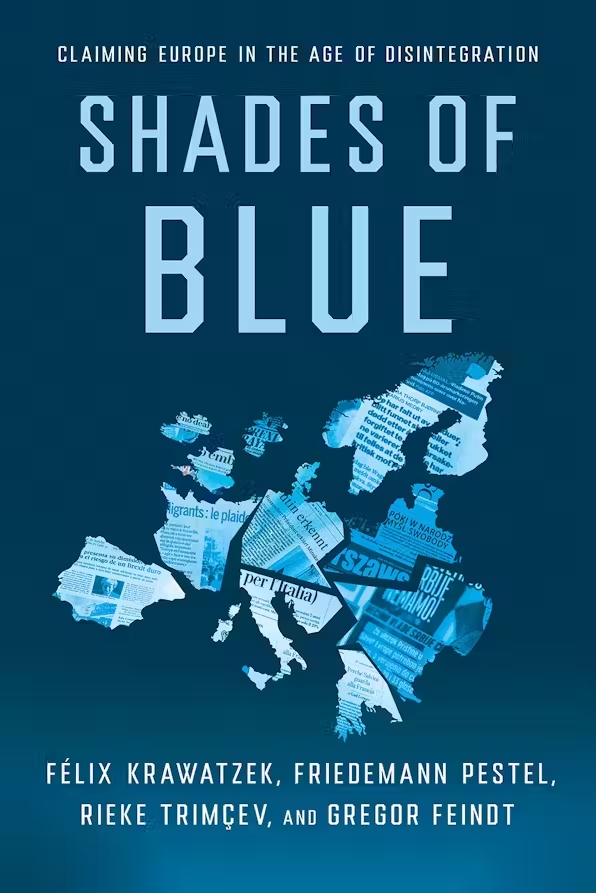Luca Scalzini
PhD Student
Albert-Ludwigs-Universität Freiburg
Department of History
Professur für Neuere und Neueste Geschichte Westeuropas
79085 Freiburg im Breisgau
CV
| 2015 – 2019 | B. A. History / Political Sciences, University of Freiburg B. A. Thesis: “Zwischen Unabhängigkeit und Anschluss. Analyse der Tiroler Debatte um Südtirol mit vergleichender Perspektive zur Pariser Friedenskonferenz” |
| 2017 – 2023 | Tutor and Student Research Assistant at the Chair of Early Modern History, University of Freiburg (Professor Asch/Professor Krischer), the SFB 948 “Heroes – Heroizations – Heroisms” and the DFG project “Digitale Edition der Tagebücher Christian II. von Anhalt” |
| 2019 – 2022 | M. A. Comparative Early Modern and Modern History, University of Freiburg M. A. Thesis: “Ein Empire des Rechts? Die Verfahren gegen Hastings und Eyre als intellektuelle Krisendiagnosen imperialer Praxis” |
| since 2022 | PhD Student at the Chair for Modern History of Western Europe, University of Freiburg (Professor Leonhard) |
| since 2022 | Associated Member of the DFG Graduate School 2571 “Empires: Dynamic Transformation, Temporality and Postimperial Orders” |
Scholarships
| 02/2023 – 05/2023 | Research grant at the German Historical Institute Rome |
| 06/2023 – 06/2025 | Doctoral scholarship at the Studienstiftung des deutschen Volkes |
Research Interests
- Italian Colonialism
- Geographical Societies
- Imperial Biographies
- Past Futures
PhD Project
PhD Project “’Eppure l’Africa ci è necessaria.’ The Società Geografica Italiana and its Imagined Futures of Italian Colonialism 1867–1920”
This project analyses the imagined futures of Italian colonialism envisioned by the members of the Italian Geographical Society (IGS) in the liberal era of the Kingdom of Italy. It wants to investigate why this scientific society became a major proponent of Italian colonialism. Following research by Reinhard Koselleck and Lucian Hölscher, the project stands on the premise that imagined futures heavily influence the behavior of humans, as they act either to reach positive visions or try to avoid negative ones. Therefore, through examination of private correspondence, scientific works and newspaper articles by the members of the IGS (among them scientists, but also politicians, military personnel and entrepreneurs), the project seeks to reconstruct the imagined futures of Italian colonialism that they envisioned. Some of these members where among the first Italians to actually travel to the places that should come to be at the center of Italian colonial action. Their accounts of what these places were, and more importantly, what they could be, and how they could benefit the Italian nation state (or how failing to secure them would damage it), are of special interest to the project, as they seem to have influenced the image that the broader public back at home gathered from these places. This on-the-ground experience was also used by members of the IGS to portray themselves as colonial experts, further adding to their influence and in turn lending more credibility to their imagined colonial futures. By understanding the contents, implications and relevance of these colonial futures for those who envisioned them, the IGS and the public, the project tries to explain the nearly inexorable push of this society for Italian colonial projects in Eastern and Northern Africa and beyond, even when these attempts of colonialism generated more failures than successes. In doing so, it seeks to add to the understanding of pre-fascist Italian colonialism and the IGS’ role in it.





